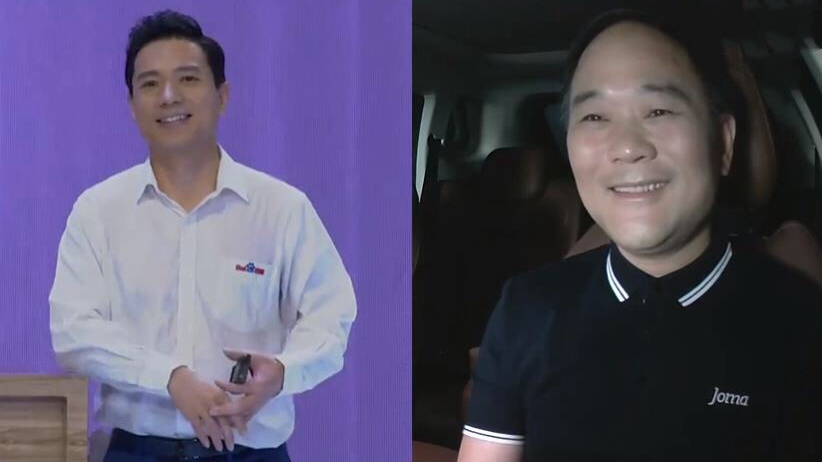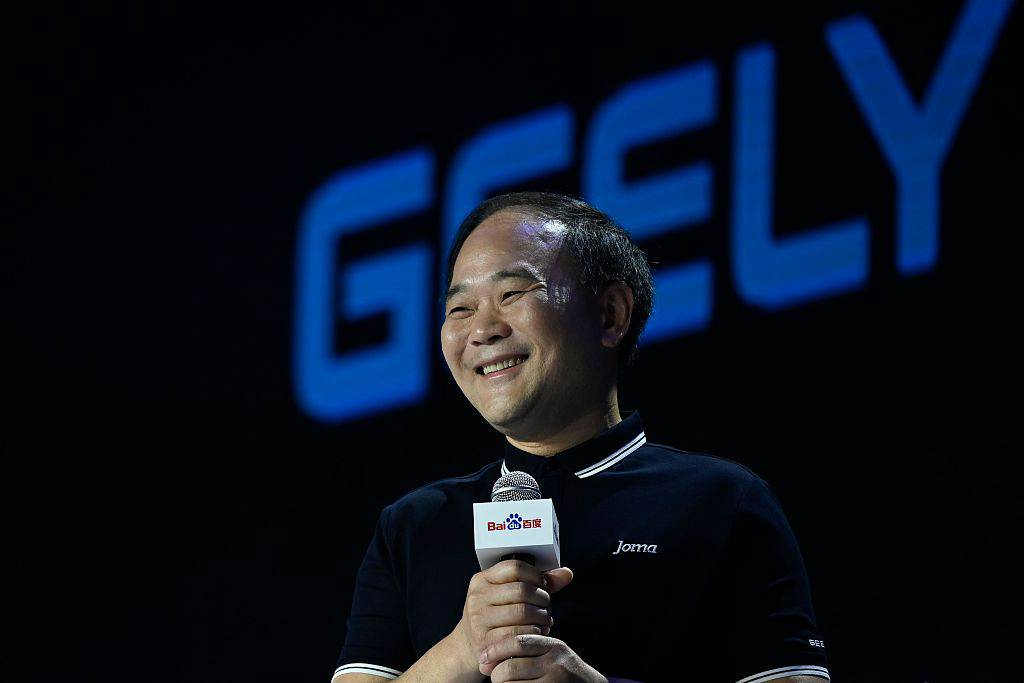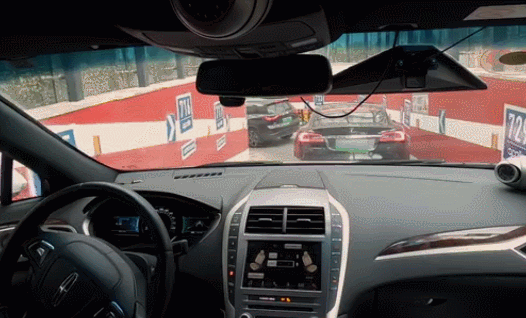

The first intelligent, "high EQ" sport utility vehicle (SUV) is well in sight, thanks to an alliance between China's Internet giant Baidu and auto group Geely.
Robin Li, co-founder, and chairman of Baidu, and Li Shufu, founder and chairman of Zhejiang Geely Holding Group announced strategic cooperation at Baidu Create 2019 on Wednesday.
The two will carry out a comprehensive partnership in the application of intelligent network connection, intelligent driving, smart home, e-commerce to further empower automobiles and transportation with AI technologies.
"AI, while not producing everything, is 'awakening everything,'" said Robin Li.

Li Shufu, founder and chairman of Zhejiang Geely Holding Group /VCG Photo
By integrating Baidu's AI system and Geely's GKUI19 smart system, the latter's new SUV, Boyue PRO, will be endowed a "super brain," able to be vehicle-home and even vehicle-everything interactive.
Onstage the conference, Robin Li made a live demonstration of how he contacted another Mr. Li via Baidu's smart speaker Xiaodu and sent his Boyue the address to take him to the conference.
"The Boyue PRO which I just sat on, is an SUV equipped with cloud computing technology. After combining with Baidu AI, both its 'IQ' and 'EQ' will be greatly improved," said Li. "It will not only be able to think, to evolve independently but also to become smarter, more 'considerate' to communicate and interact with people."
Starting from Boyue PRO, Geely's automobiles will fully install Baidu AI-powered GKUI19 system, he added.
Robin Li hailed the cooperation, saying the major progress in transportation in history has always been accompanied by the new changes brought by cutting-edge technologies for transportation tools.
"The strategic cooperation between Baidu and Geely, focusing on AI technology, will not only bring users more natural and convenient interaction with their vehicles but also accelerate the intelligent pace of automobile and travel industry," he added.
Better on-road experience

With Baidu AI, the car can automatically drive to the underground parking lot /Baidu Gif
Parking can be a big pain for drivers in the city. In 2018, China had 270 million cars, and the gap between parking spaces was six million. However, 44 percent of the spaces are underutilized.
"Drivers spend about 30 percent of their time on the road looking for a parking space, which is the worst part of their driving time," said Li.
With Baidu's autonomous parking technology, showed by Li, the driver can remotely start the vehicle via a mobile app and make it automatically drive out of the garage.
The car will stop when encountering obstacles, and respond in time facing an emergency. When arriving at the destination, the driver can get out of the car, leaving the latter to automatically join the crowded queue and eventually drive to the underground parking lot.
Li said orders have been received from automakers, asking Baidu to install that capability to their new cars. "So you'll soon have the opportunity to experience it."
Besides cars, the company also helps to make roads more intelligent.
Li last year proposed that an overall intelligent traffic light control could largely reduce waiting time.
Currently, the intelligent traffic light control system has been piloted in Baoding, north China's Hebei Province. The AI command center can adjust the time of traffic lights based on real-time traffic conditions captured by the cameras.
Tests showed that by the smart adjustment, traffic efficiency had been significantly improved, reducing delays by 20 to 30 percent during morning and evening rush hours.
"Today, we can see that technology makes life more interesting, makes travel and transportation more convenient, and makes services more intimate, so that more people can enjoy the convenience that they have never had before," said Li, "and that's what technology is for."

Copyright © 2018 CGTN. Beijing ICP prepared NO.16065310-3
Copyright © 2018 CGTN. Beijing ICP prepared NO.16065310-3